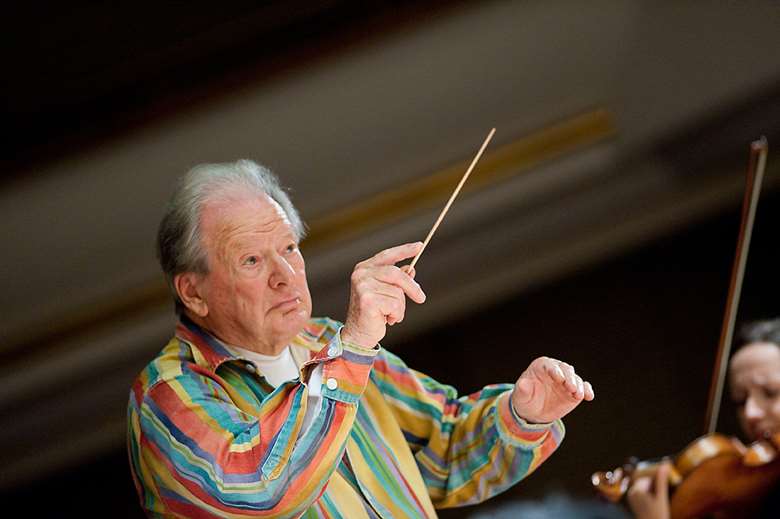The conductor Sir Neville Marriner has died at the age of 92
Sunday, October 2, 2016
One of the record industry's most prolific conductors, the founder of the Academy of St Martin in the Fields, leaves a remarkable legacy

Register now to continue reading
Thanks for exploring the Gramophone website. Sign up for a free account today to enjoy the following benefits:
- Free access to 3 subscriber-only articles per month
- Unlimited access to our news, podcasts and awards pages
- Free weekly email newsletter








